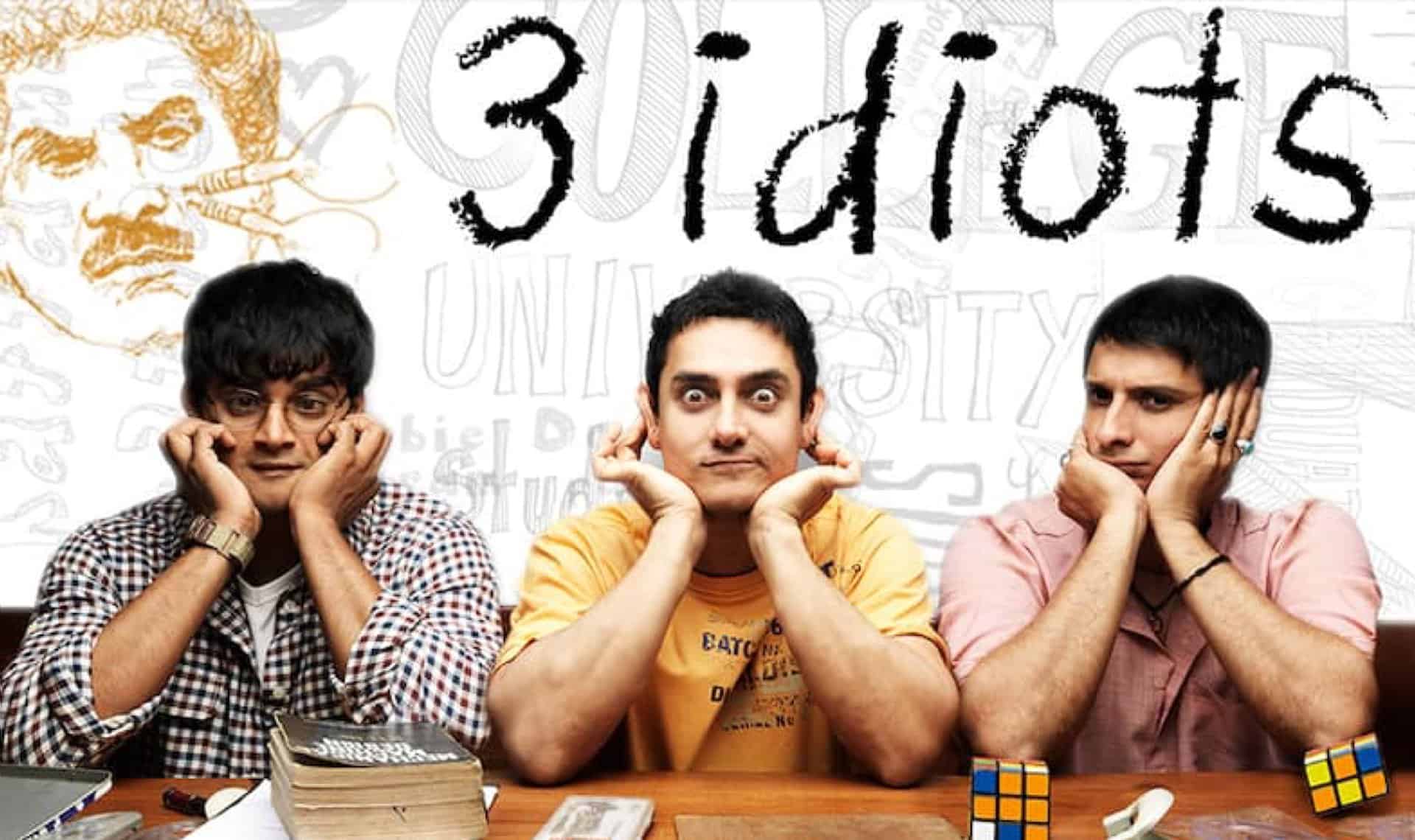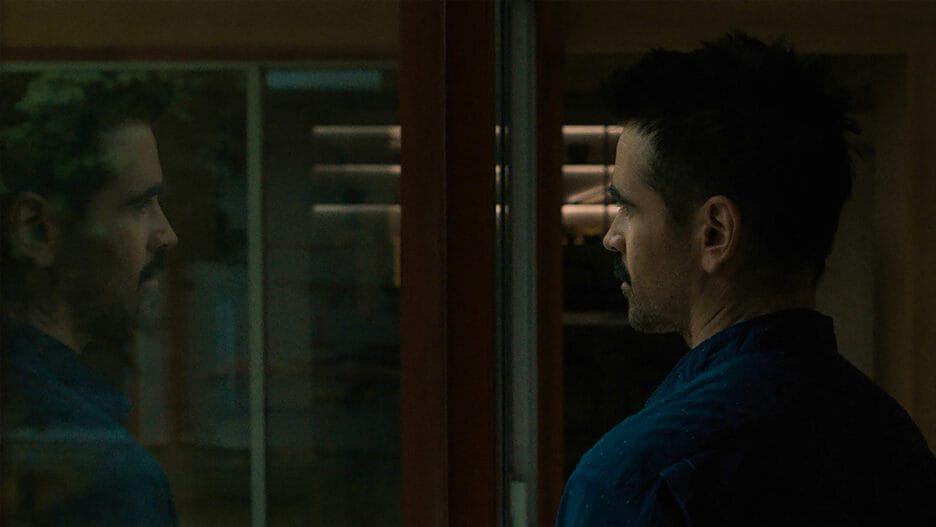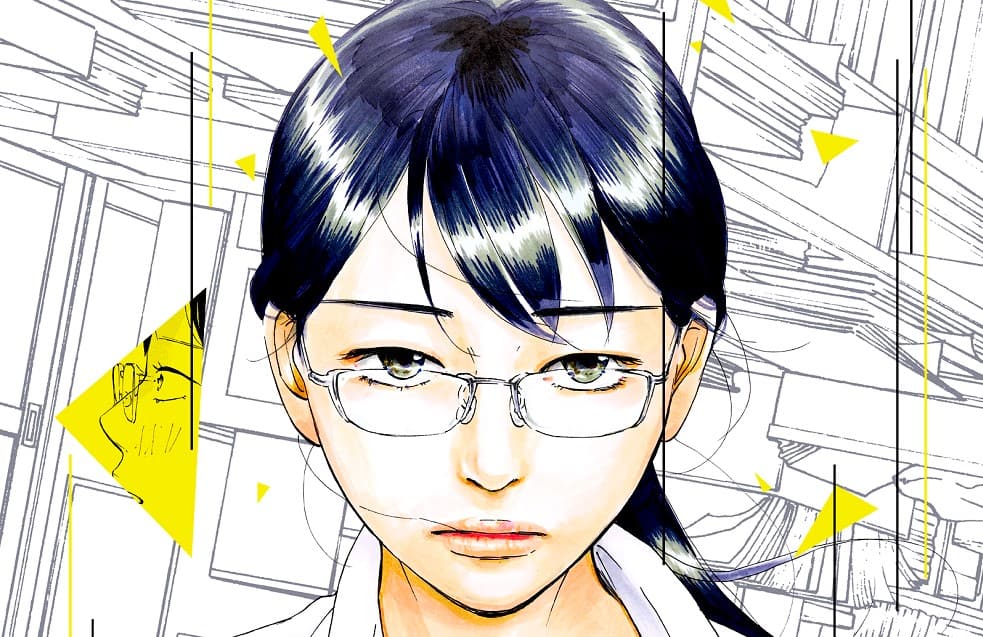As the global market becomes increasingly competitive, driven by quotas and deadlines along with the necessity to save costs, we should be careful not to lose sight of the human factors this side-effect of globalization affects. Apart from news about sweatshops and the unbearable working conditions in these places, the exploitation of workers and erosion of worker's rights sometimes happens right in front of us without us noticing, or because we simply chose to ignore it. Overwork and crunch time have become the foundation of burn-outs and depression, sometimes even suicide, while the company denies any connection to its policies and rather moves on, hiring someone new. When a friend of director Tokachi Tsuchiya killed himself because of depression caused by overwork, he blamed himself since he was not there when his friend needed him most. Eventually, Tsuchiya decided enough was enough and with his documentary “An Ant Strikes Back” he aims to shed some light on a situation which is unacceptable and yet part of modern work life.
“An Ant Strikes Back” is screening at Nippon Connection 2020

Rather than starting with the complexity of the issue, he focuses on the case of Nishimura, a friendly and humorous young man who works for the Busy Ant Moving Company. Recounting his time with the company until he eventually was let go after reaching a settlement, Tsuchiya reveals practices within the company ranging from harassment, bullying and even physical violence. Exploitation of the work force, threats of demotion and pay cuts as well as a general bad work environment defined by punishments and insults are just some of the most horrendous aspects of working for Busy Ant. After a terrible accident as the result of overwork, Tsuchiya joins the Precariat Union and starts to fight back.
In general, as Tsuchiya's motivation to do the documentary already suggests, “An Ant Strikes Back” is a very personal film. Considering the case he follows, there is a direct connection of the viewer to Nishimura, whose general optimistic expression and straight-forward attitude makes him very likable. Also, as the film recounts the chronology of his various demotions, pay cuts and even personal tragedy, it ultimately reaches a turning point, as his story is not one that is unique or special, for the treatment Nishimura experiences has become a common practice. Because of people talking to him on the streets or by sheer coincidence, the young man realizes he has pointed at an issue that is much larger than him and which has sadly become quite accepted within Japanese society.
As indicated by the title, Nishimura's fight is portrayed as one comparable to David against Goliath. While an obvious pun on the name of the moving company, the image of the ant following orders, whose individuality dissolves in the constant stream of busy workers, is a lasting metaphor for the kind of “live to work”-mentality many people in Nishimura's situation might apply to their lives. Even though it becomes quite clear his case is seen as one example among many, the film at times would have benefited from a more fact-based foundation illustrating the complexity of the issue which, as we see clearly, goes far beyond this company and connects the lives (and fates) of many workers.
In the end, “An Ant Strikes Back” is an encouraging documentary about the exploitation of workers and one's fight against this condition. Its personal tone and commitment makes Tokachi Tsuchiya's documentary quite touching and engaging, which is also thanks to his likable protagonist.















